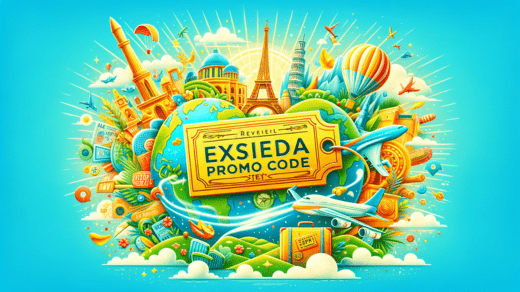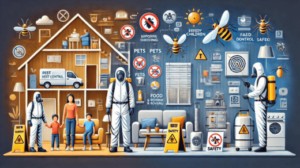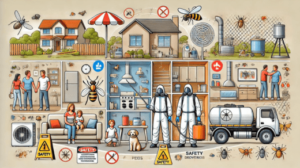
Expedia promo code
There are many things to consider, from choosing a destination and accommodations to booking flights and car rentals. AI technology can streamline the process and provide a more personalized experience. AI travel tools can answer questions and make suggestions based on your interests. They can also help you find the best deals and save money.
Generative AI is an emerging technology with many potential applications in the travel industry. This type of AI can learn from user feedback to improve its services and generate new ideas. It can also be used to enhance foreign-language translation and virtual reality experiences. It is predicted that generative AI will revolutionize the way we travel in the future.
AI has become a vital tool for travel companies as it can analyze data more efficiently than humans. It can be used to create personalized vacation packages for customers and help them save money by automating processes. Additionally, it can help companies identify customer needs and trends and generate more revenue. For example, the Dorchester Collection Hotel in London uses an AI robot called Connie to provide tourist information and act as a guest concierge. It can also be used to recommend local restaurants and attractions and guide to an Expedia promo code to avail of promos and discounts.
Chatbots
Travelers can use chatbots to find the best flights, hotels, and trip activities. Generative AI chatbots, powered by natural language processing (NLP), can collect information about a user’s interests, budget, and travel dates and recommend the perfect itinerary. These digital dynamos can also help book flights and hotels and secure discounts on tours and attractions.
Forget about calling a human agent during limited office hours or waiting for an automated voice prompt to assist – travel chatbots are available round the clock and always ready to take your calls. They can also be configured to pass you on to a live travel agent if they cannot help with your specific needs or requests.
The NLP technology that powers these travel bots allows them to understand natural language and respond to questions and requests quickly and effectively. This helps create a more personalized and engaging experience for travelers while eliminating the need to bounce between multiple platforms to get the information they need. Travel chatbots make planning a trip more convenient and hassle-free for users. They can also improve traveler engagement and increase ROI for businesses. This is possible because chatbots can be integrated into websites, social media channels, and email marketing campaigns.
Trip Itineraries
The first step in travel planning is determining the duration of your trip. Whether it’s a week-long spring break or a month-long vacation, the length of your trip will dictate how much you’ll be spending on airfare, hotels, and sightseeing tours. Generally speaking, the longer you travel, the more you’ll pay.
Once you have a general idea of how long you’d like to go, the next step is finding the perfect flights and hotels for your budget. The best way to do this is to use a travel planning portal that does all the legwork for you. The site is easy to use and offers various filter options, so you can get the exact itinerary that fits your needs.
Another helpful tool is a trip-planning app that allows you to save places you want to visit on a map. This helps you visualize distances between locations and allows you to plan for activities such as a city pass that will save you money on entry fees.
Another great tool is Skratch, which combines interactive maps with automated trip-planning software. It allows you to mark the countries you’ve visited on a customizable map and has a bucket list feature to create your travel wishlist.
Budgeting
When planning a vacation, keeping track of travel expenses can become challenging, especially with the rise in airfare costs and other unforeseen expenditures. Travelers should start by establishing a budget, which can guide spending and provide emotional security.
The most considerable average travel expense is accommodation, which is 45 percent of the total trip cost, excluding flight costs. Other ordinary travel expenses include food and transportation. Creating a budget for these three expenses can help travelers stay on track and reduce stress on the trip.
Adding other categories can also help people stay ahead of their spending. For example, some travelers may want to budget for a luxury hotel, while others might prefer a cheaper lodging option. Additionally, it might be helpful for some to budget for additional expenses such as group dinners or entertainment activities.
Those looking to cut costs even further can consider using a travel credit card that offers sign-up bonuses for free flights and hotel stays. In addition, those who plan to spend a lot of time traveling should look for a card with no international ATM fees. Additionally, some credit cards can even offer complimentary car rental insurance and flight insurance. These can add up to significant savings over a year!






